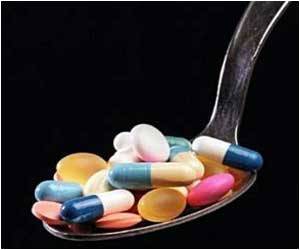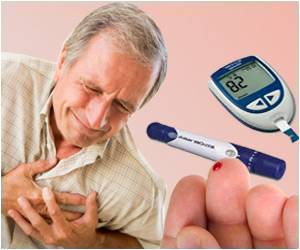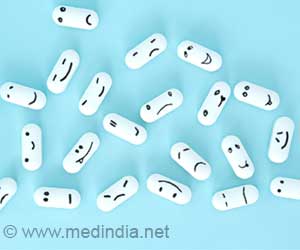Bottom Line: Young adults and children who start antidepressant therapy at high doses, rather than the prescribed doses, appear to be at greater risk for suicidal behavior during the first 90 days of treatment.

Background: A previous meta-analysis by the U.S. Food and Drug Administration (FDA) of antidepressant trials suggested that children who received antidepressants had twice the rate of suicidal ideation and behavior than children who were given a placebo. The authors of the current study sought to examine suicidal behavior and antidepressant dose, and whether risk depended on a patient’s age.
How the Study Was Conducted: The study used data from 162,625 people (between the ages of 10 to 64 years) with depression who started antidepressant treatment with a selective serotonin reuptake inhibitor at modal (the most prescribed doses on average) or at higher than modal doses from 1998 through 2010.
Results: The rate of suicidal behavior (deliberate self-harm or DSH) among children and adults (24 years or younger) who started antidepressant therapy at high doses was about twice as high compared with a matched group of patients who received generally prescribed doses. The authors suggest this corresponds to about one additional event of DSH for every 150 patients treated with high-dose therapy. For adults 25 to 64 years old, the difference in risk for suicidal behavior was null. The study does not address why higher doses might lead to higher suicide risk.
Discussion: "Considered in light of recent meta-analyses concluding that the efficacy of antidepressant therapy for youth seems to be modest, and separate evidence that dose is generally unrelated to the therapeutic efficacy of antidepressants, our findings offer clinicians an additional incentive to avoid initiating pharmacotherapy at high-therapeutic doses and to monitor all patients starting antidepressants, especially youth, for several months and regardless of history of DSH."
(JAMA Intern Med. Published online April 28, 2014. doi:10.1001/jamainternmed.2014.1053. Available pre-embargo to the media at http://media.jamanetwork.com.)
Advertisement
Commentary: Initial Dose of Antidepressants, Suicidal Behavior in Youth
Advertisement
"Their findings suggest that higher than modal initial dosing leads to an increased risk for DSH and adds further support to current clinical recommendations to begin treatment with lower antidepressant doses. While initiation at higher than modal doses of antidepressants may be deleterious, this study does not address the effect of dose escalation," they continue.
"Moreover, while definitive studies on the impact of dose escalation in the face of nonresponse remain to be done, there are promising studies that suggest in certain subgroups, dose escalation can be of benefit. Finally it should be noted that in this study, there was no pre-exposure to post-exposure increase in suicidal behavior after the initiation of antidepressants in youth treated at the modal dosage," they conclude.
Source-Eurekalert











